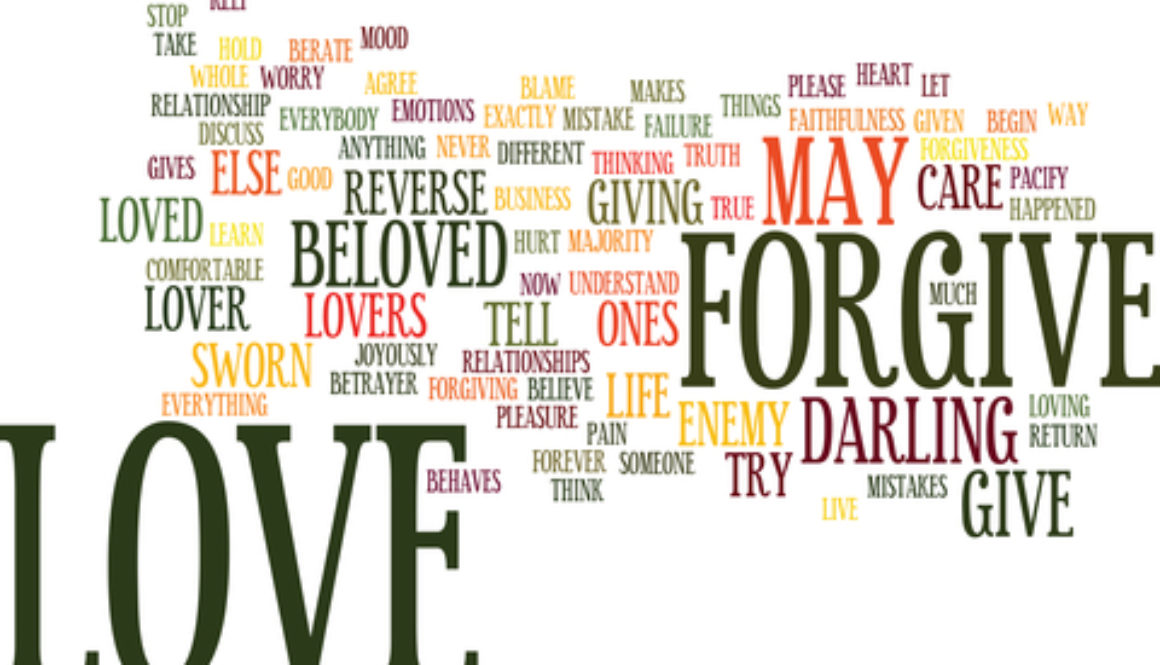Forgiveness as the Measure of Real Love
Nothing says “love” quite like forgiveness.
I don’t think many of us in this culture are really struggling with whether love is a good thing. I think most of us know we should love others, even those with whom we disagree. But what we are struggling with is what, exactly, love looks like in certain specific situations. In a culture where worldviews and ideologies so sharply divide us, we are struggling to find the right “building blocks” with which to build loving relationships. It feels impossible, and yet, at least when it comes to family and other such close relationships, we know we must find a way to love and to love well.
We can define love in terms of meeting needs (physical, emotional, spiritual). We can also define love in terms of quality time spent together. Both are decent and reasonably accurate measures. Indeed, it is difficult to imagine love without them. But neither of those concepts are as clear an indicator of love as expressions of forgiveness. Moving through hurts and offenses to a place of actual expressions of genuine forgiveness is a sure pathway to a more loving relationship.

There’s a great story in scripture about this. Jesus is having dinner at the home of a church leader and a woman of ill repute off the streets comes and begins anointing Jesus and cleaning his feet. The church leader is appalled that Jesus would allow such a sinful woman to do this. Jesus corrects that attitude, explaining that she loves well because she has been forgiven so much.
“Therefore I tell you, her sins, which are many, are forgiven—for she loved much. But he who is forgiven little, loves little.” Luke 7:47
Jesus, the creator of human relationships, knew that genuine forgiveness is a building block of love relationships. He draws a direct relationship between the measure of forgiveness and the measure of love. However else that church leader (or you or I) may tend to measure love, Jesus uses forgiveness as a critical indicator of genuine love.
You see, in order to be able to express forgiveness, there must first be a discussion about the pain or the offense at issue. There must be a naming of that pain and an owning of that pain. Expressing pain requires actual conversation. Only then does an expression of forgiveness become meaningful, even healing. And healing and restoration build love.
So, if you are struggling with what love should look like right now in a particular relationship in your life, maybe the right question you should be asking is, “How do I get to forgiveness?” Right questions, after all, lead to right pathways forward.

